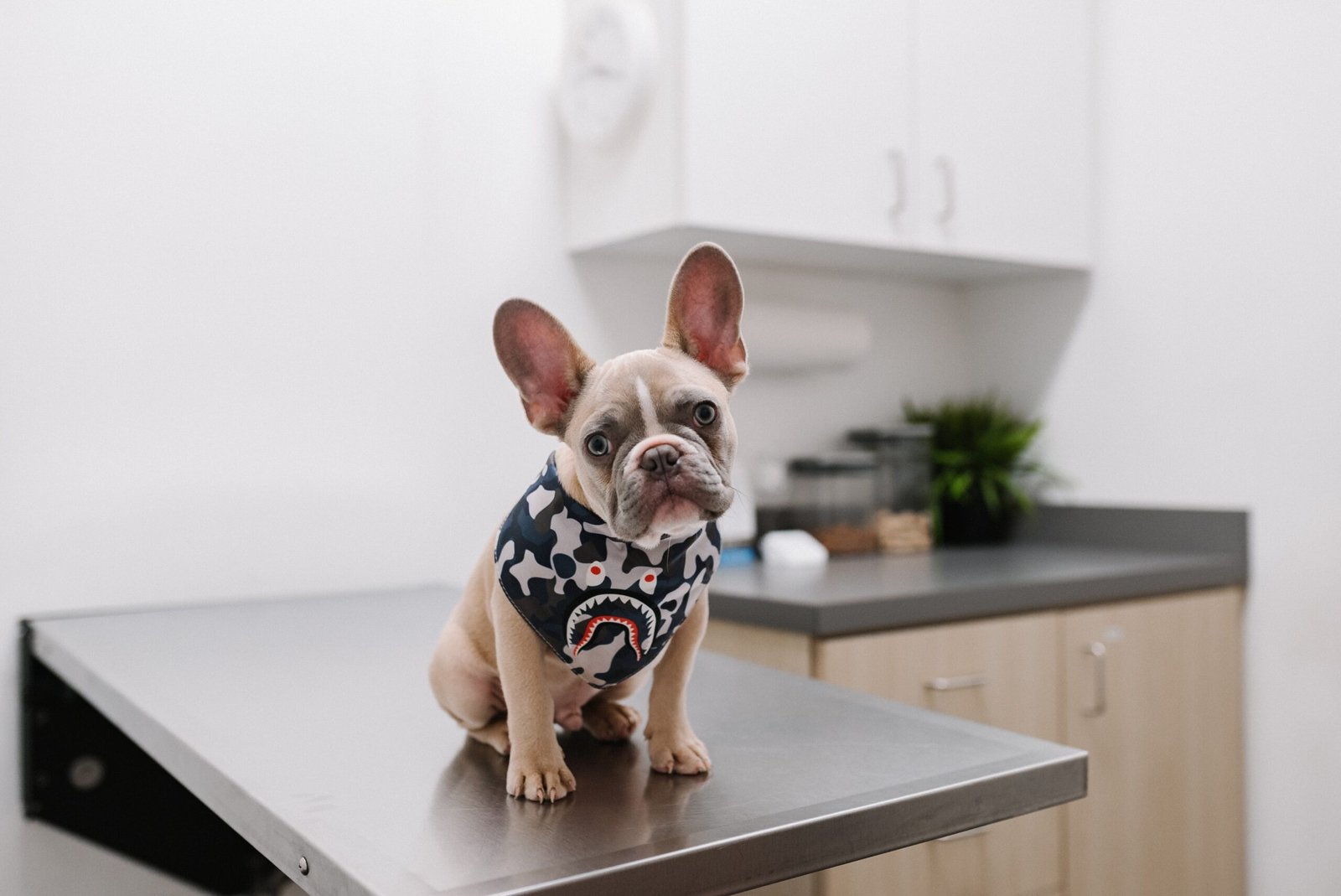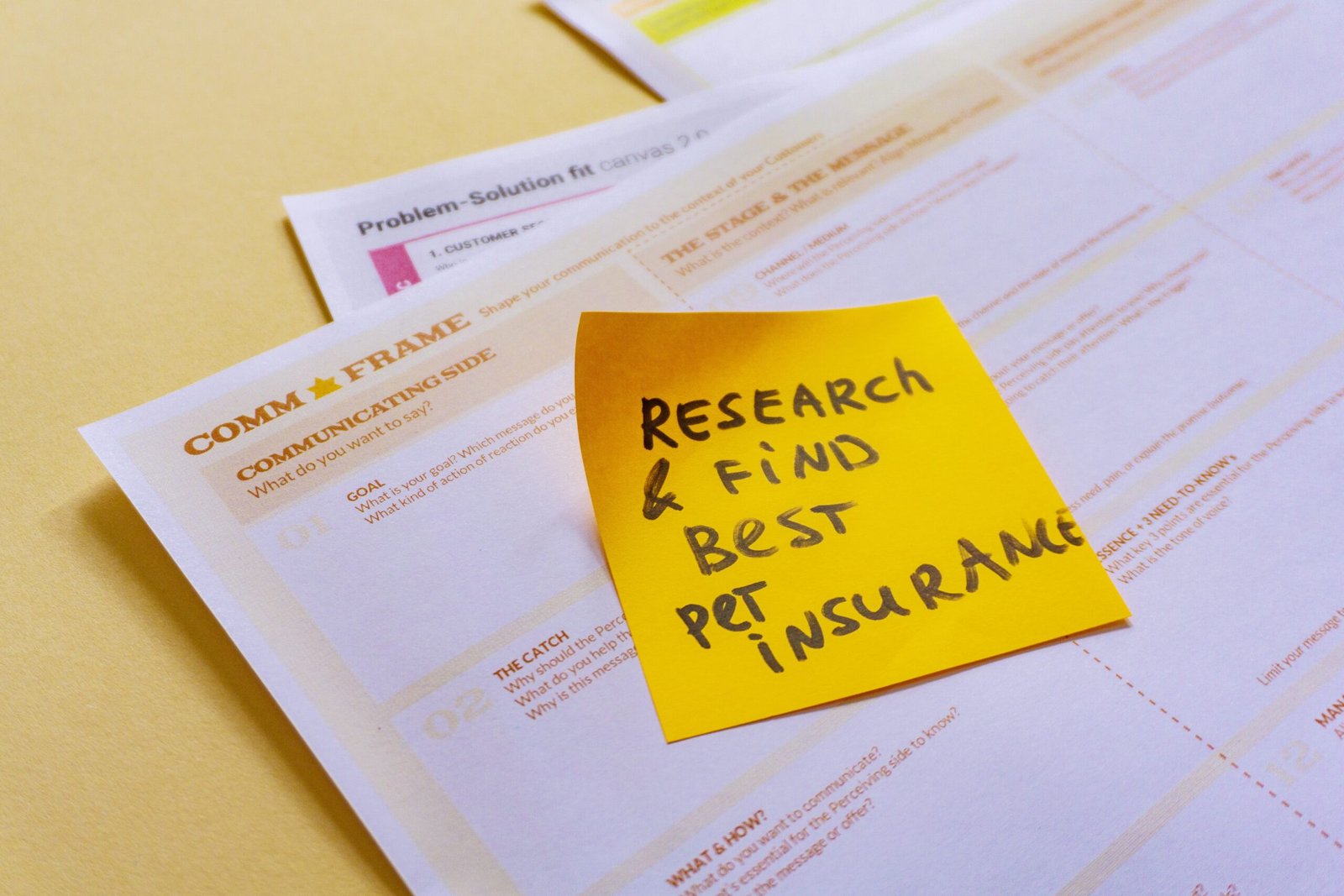The Ultimate Guide to Pet Vaccination Schedule: Keeping Your Furry Friend Healthy
Introduction:
Welcome to our comprehensive guide on pet vaccination schedules! Vaccinations are crucial for ensuring the health and well-being of your furry friend. In this article, we will provide you with all the information you need to know about pet vaccinations, including the latest trends and guidelines. Whether you’re a new pet owner or looking to refresh your knowledge, this guide will help you make informed decisions for your beloved companion.
Why Vaccinations Matter:
Before diving into the details, let’s understand why vaccinations are essential for your pet’s health. Vaccines protect animals from potentially life-threatening diseases by stimulating their immune system to recognize and fight off specific pathogens. By vaccinating your pet, you not only safeguard their health but also contribute to the overall well-being of the pet community.
Current Trends in Pet Vaccinations:
As veterinary science advances, pet vaccination recommendations evolve to provide the best protection against prevalent diseases. Here are some current trends in pet vaccinations:
- Extended Duration Vaccines: Traditionally, vaccines required annual boosters. However, recent studies have shown that some vaccines provide long-lasting immunity, reducing the need for yearly vaccinations. Consult with your veterinarian to determine the appropriate vaccination interval for your pet.
- Core Vaccines: Core vaccines are essential for all pets, regardless of their lifestyle or environment. These vaccines protect against diseases that pose a significant risk to pets and can be transmitted to humans. Examples of core vaccines include rabies, distemper, and parvovirus.
- Lifestyle-Specific Vaccines: Depending on your pet’s lifestyle and geographic location, additional vaccines may be recommended. For instance, if your pet frequently interacts with other animals in boarding facilities or dog parks, the Bordetella vaccine, which protects against kennel cough, may be necessary.
- Titers Testing: Titers testing measures the level of antibodies in your pet’s blood to determine if they still have sufficient protection against certain diseases. This test can help assess the need for revaccination and prevent over-vaccination.
Understanding the Vaccination Schedule:
Every pet has unique vaccination needs, which are determined by factors such as age, species, lifestyle, and geographic location. Your veterinarian will create a personalized vaccination schedule for your pet, ensuring they receive the necessary protection. Here are some general guidelines for pet vaccination schedules:
1. Puppies and Kittens:
During their first few months of life, puppies and kittens are particularly vulnerable to diseases. They receive maternal antibodies from their mother’s milk, but these antibodies gradually decline, leaving them susceptible to infections. Vaccination typically starts at 6-8 weeks of age and continues at regular intervals until they reach adulthood.
2. Adult Pets:
Once your pet reaches adulthood, they will require regular booster shots to maintain immunity. Booster shots reinforce the initial vaccination and ensure continued protection against diseases.
3. Senior Pets:
As pets age, their immune systems may weaken, making them more susceptible to diseases. Regular check-ups and discussions with your veterinarian are crucial to assess the need for additional vaccinations or updates to the vaccination schedule.
FAQs:
Q: Are there any side effects of vaccinations?
A: While vaccinations are generally safe, some pets may experience mild side effects such as lethargy or soreness at the injection site. Serious adverse reactions are rare but can occur. Consult with your veterinarian if you notice any unusual symptoms after vaccination.
Q: Can my pet receive vaccinations if they are sick?
A: It is generally recommended to wait until your pet has fully recovered before administering vaccinations. Illness can weaken the immune system, potentially affecting the vaccine’s effectiveness.
Q: How much do pet vaccinations cost?
A: The cost of vaccinations can vary depending on factors such as the type of vaccine, your location, and the veterinary clinic’s fees. It’s best to contact your veterinarian for specific pricing information.
Conclusion:
Ensuring your pet’s vaccination schedule is up to date is vital for their overall health and well-being. By following the recommended guidelines and staying informed about the latest trends, you can provide your furry friend with the best protection against preventable diseases. Remember, consult with your veterinarian to create a personalized vaccination plan that suits your pet’s specific needs. Together, we can keep our beloved pets healthy and happy!
Call to Action:
Now that you have learned about the importance of pet vaccinations, take the next step to protect your furry friend’s health. Schedule an appointment with your veterinarian to discuss your pet’s vaccination needs. Don’t forget to share this valuable information with other pet owners to help create a safer and healthier pet community!









